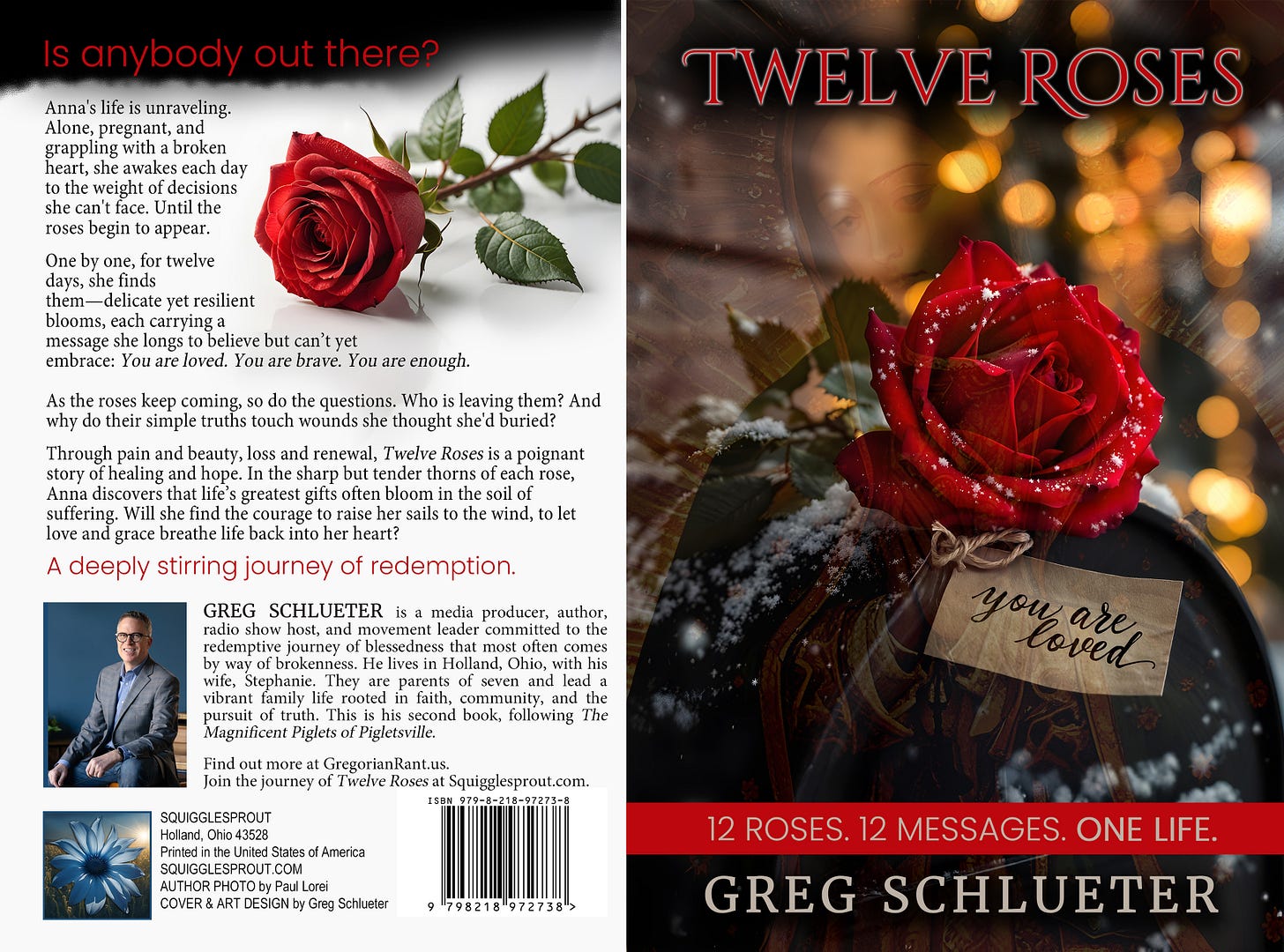Somewhere in a sleek studio boardroom, a group of modern Christian creatives is gathered for a production meeting. They’re discussing the reboot of The Passion of the Christ: The Uplifting Edition.
“Let’s make this more relatable,” says one, sipping a caramel oat milk latte. “Less blood. More belonging.”
Another suggests cutting the whole “woe to you, Pharisees” thing—“too judgy.”
“Also,” someone adds, “can we lose the crucifixion? Trauma isn’t good branding.”
They all nod.
“Let’s really showcase how loving Jesus is,” the lead pastor-turned-producer says, slick dew that hasn't moved since Easter '21 and “pastor kicks” (hip shoes) so white they’ve never known sin.
“No condemnation. No name-calling. Definitely no ‘moron’ talk—that ‘blind fools’ thing—Jesus wouldn’t say something that harsh today. We want a Savior people feel safe with.”
Final line of the script? A whispered: “You do you.”
The team cheers. A single Bible sits unopened in the center of the table. The rewrite is complete.
The Rubber-Stamp Christ
In today’s cultural imagination, Jesus has become a celestial comfort animal. He is invoked not to challenge us, but to validate us. Not to lead us into the fire of transformation, but to soothe us in the haze of our feelings.
He is less the Lion of Judah and more a declawed house cat, purring agreement to whatever we already believe.
You see this Jesus quoted on Instagram tiles, pasted into political speeches, and invoked by celebrities to bless everything from career choices to sexual identities to consumer habits. He is infinitely adaptable, endlessly affirming, and curiously indifferent to Scripture or sacrifice. This Jesus is therapeutic, not theological. He is nice, not holy. He is tolerant, not true.
And anyone who dares question this image—who dares suggest that Jesus might disagree with us, confront us, call us out—is labeled judgmental, phobic, or unchristlike.
Ironically, Jesus is now used to silence the very kind of truth-telling He Himself embodied.
Christ has been made the patron saint of self-expression. The one who “gets us.” The one who would never hurt our feelings. The one who, were He alive today, would apparently host a podcast on self-acceptance and hand out participation trophies at the Last Judgment.
But that’s not the Jesus of the Gospels.
The real Jesus was love incarnate—and because He was love, He was dangerous. He did not flatter the powerful. He did not cater to the crowd. He did not merely accept people where they were—He called them higher.
And when His words pierced pride, when His call to repentance provoked rage, He did not retreat. He kept loving. He kept speaking.
And they killed Him for it.
LOVE THAT CUTS TO HEAL
In the garden, beneath the shade of ancient olive trees, the eternal Love of the Father sweat blood. Not because He was uncertain. Not because He was unwilling. But because He was Love—Love willing to go to the very end.
Jesus was not a poet whispering lullabies, but a surgeon cutting deep into the gangrene of human pride.
He wept. He laughed. He turned tables.
He praised the humble and called religious leaders “whitewashed tombs” (Matthew 23:27) and “children of hell” (v. 15).
He told stories to awaken the soul and spoke plain truths to provoke repentance.
Jesus loved perfectly.
And that love was never sentimental.
It was savage in its purity.
Tender in its judgment.
Ferocious in its mercy.
The Lion and the Lamb.
THE COST OF PULLED PUNCHES
There is an instinct in today’s Church to soften Jesus. To rebrand Him as a divine therapist who only affirms, never disturbs.
But the Jesus of the Gospels never pulled punches where clarity was required. He did not shrink from speaking hard truths to the rich, the religious, or the rebellious.
Why?
Because everything was at stake.
Eternal destinies.
Unrepeatable souls.
The possibility of real conversion.
His love was not cruel. It was calibrated to shatter arrogance and woo the wounded. His harshest words were not for the broken-hearted, but for the proud-hearted.
He didn’t die for being “nice.” He died for being true.
THE WAY WE CANNOT DETERMINE
In a world drunk on autonomy and allergic to truth, we must not presume to define the Way.
We can only walk it.
The Way is not a philosophy.
It is a Person.
“I am the Way, the Truth, and the Life” (John 14:6).
Following Jesus means wanting the truth like a patient wants the diagnosis—however painful—because life depends on it.
We say with Peter:
“Lord, to whom shall we go? You have the words of eternal life” (John 6:68).
We echo the saints:
“Strike, Lord, strike—but save.”
THE SCANDAL AND THE GLORY
Yes, truth wounds before it heals.
Yes, it shakes foundations.
Yes, it offends.
But it also saves.
And popes, pastors, presidents, politicians, principals and parents who proclaim it in full—without trimming edges or dulling the blade—participate in Christ’s own mission.
They may be labeled unkind.
They may be abandoned.
But they will have been faithful.
Let it be said of us: We did not flinch. We did not flatter. We did not trade clarity for comfort.
Let it be said we loved like Christ—fiercely, fully, even at great cost.
Because that is how He loved us.
If this piece stirred you—share it.
Better yet, live it.
And let’s recover the fierce beauty of a Savior who wounds only to heal, who speaks not to flatter, but to free.





